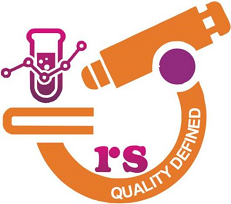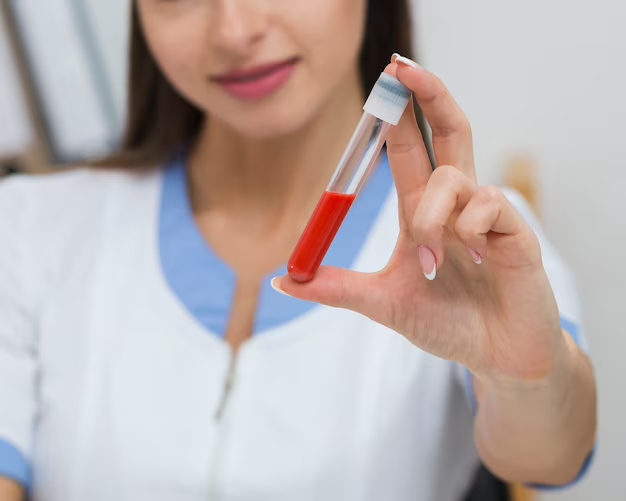Phone : +918147282686
SAMPLE COLLECTION CENTRE NEAR ME
In the realm of modern healthcare, sample collection centers play a pivotal role in facilitating accurate diagnosis and disease prevention tests. These centers serve as the initial point of contact between patients and the diagnostic process, ensuring that crucial specimens are collected efficiently and accurately for laboratory analysis. Here’s an in-depth look at the significance and functions of sample collection centers in the healthcare ecosystem:
1. Convenience and Accessibility: Our Sample collection centre is easily accessible to patients and ensures that individuals can undergo necessary tests without having to travel long distances, thereby promoting timely healthcare interventions.
2. Diverse Testing Capabilities: We cater to a wide range of testing needs, including blood tests, urine tests, swabs for microbiological analysis, and more. Whether it’s routine screenings, diagnostic evaluations, or monitoring of chronic conditions,we offer comprehensive testing service to meet diverse healthcare requirements.
3. Quality Assurance: We adhere to stringent quality control measures to ensure the integrity and accuracy of collected specimens. Trained phlebotomists and healthcare professionals follow standardized protocols for specimen collection, handling, and transportation, minimizing the risk of pre-analytical errors that could compromise test results.
4. Patient-Centric Approach: We provide patient comfort, privacy, and convenience throughout the testing process. From scheduling appointments to providing clear instructions for specimen collection, these centers aim to create a supportive and reassuring environment for individuals undergoing testing, thereby enhancing the overall patient experience.
5. Integration with Laboratory Services: We are integrated with accredited laboratories equipped with state-of-the-art instrumentation and skilled technicians. This integration ensures seamless coordination between sample collection, analysis, and result reporting, allowing for swift turnaround times and timely clinical decision-making.
6. Role in Preventive Healthcare: By offering routine screenings and health check-ups, we contribute to preventive healthcare initiatives.
Tag
SAMPLE COLLECTION CENTRE NEAR MELAB TESTS IN YELAHANKA R S DIAGNOSTIC CENTRE ON DODABALLAPUR ROADEnquiry
Get in touch
R S DIAGNOSTIC CENTRE.All Rights Reserved © 2026








